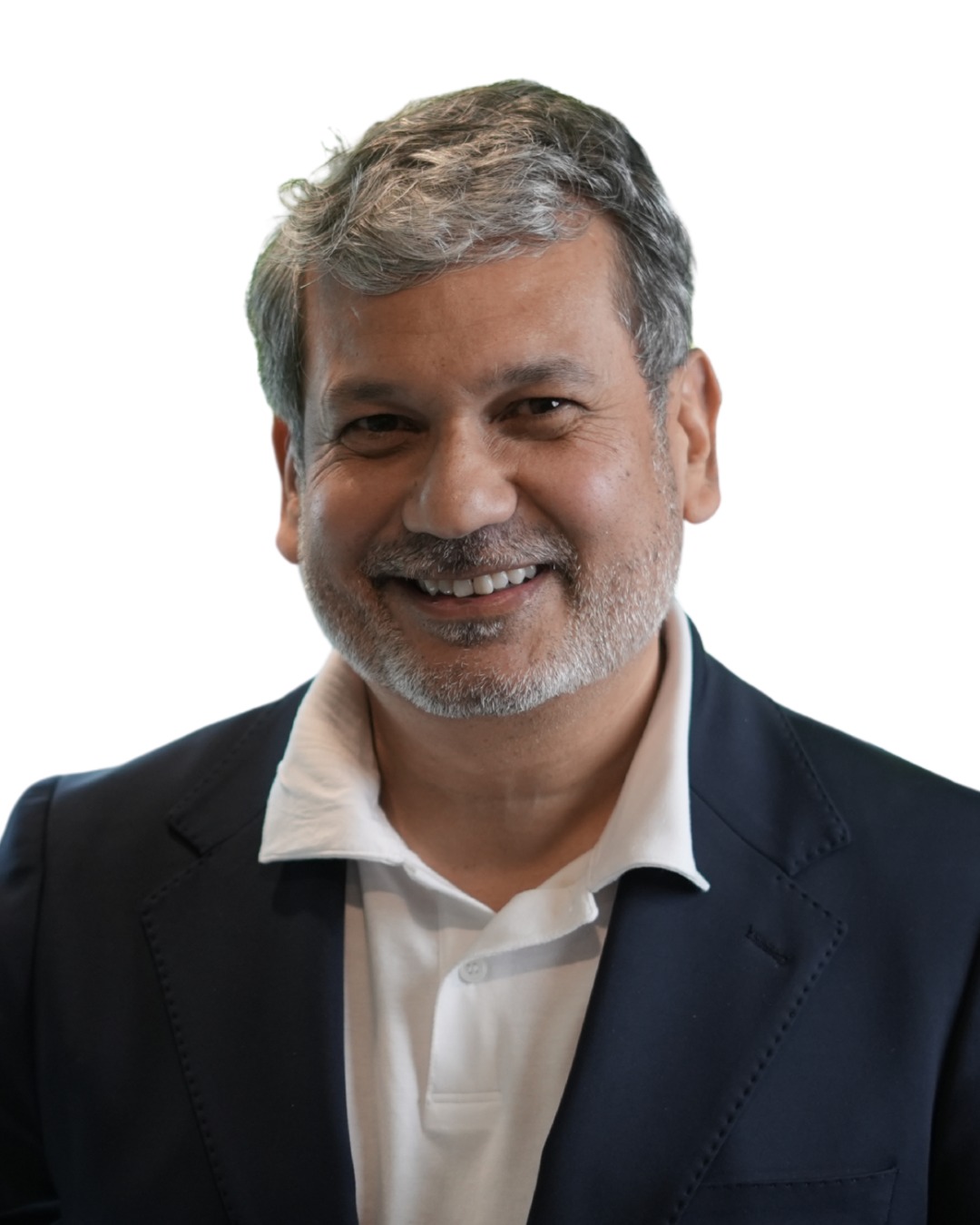There is more to depression than just “the blues.” It is a severe mood condition that may have a negative impact on a person’s relationships and quality of life. Severe melancholy and a prolonged loss of interest in the pursuits that once piqued their interest are symptoms of depression.
A layperson would have difficulty defining and locating it. It has far-reaching effects since it impairs a person’s ability to perform daily tasks normally. Depression can take many different forms.
Here are a few examples and if you are suffering from severe depression then look for the best psychiatrist in Delhi for depression:
1. Major Depression Disorder
It also goes by the name of clinical depression. Weight fluctuations, irregular sleep patterns, inexplicable exhaustion, concentration issues, and suicidal thoughts or feelings are some of the symptoms. If these signs and symptoms last for longer than two weeks, a therapist should make a diagnosis and start treating the patient right away.
2. Persistent Depressive Condition
It also goes by the name Dysthymia. The severity of this might range from minor to severe. The individual should have experienced persistent depressive symptoms for more than two years. Some of the symptoms include changes in appetite, altered sleep patterns, exhaustion, low self-esteem, and a sense of hopelessness.
3. Bipolar Disorder
The person goes through a spectrum of emotions, from irrational joy to extremely “poor” moods. Extreme mental episodes of elation can even necessitate hospitalization. Undiagnosed weariness, insomnia, undiagnosed aches and pains, low self-esteem, spells of worry and irritation, indecision, and an unstructured life are some symptoms.
Additionally, some persons may experience delusions and hallucinations. When compared to people with other types of depression, people with bipolar illness have a higher risk of suicide. The medication aids in controlling mood swings.
4. Seasonal Affective Disorder
When a person experiences depression in the winter, they are said to have seasonal affective disorder. People who experience this somehow feel unusually depressed as the length of the day and the amount of sunlight decrease. Both medication and light therapy are used as treatments.
5. Psychotic Depression
People who suffer from this type of depression display psychotic symptoms. Hallucinations, paranoia, and delusions are all present in them. Antipsychotic and antidepressant medications are used in treatment.
6. Postpartum Depression
After giving delivery, many women experience mild to severe depression. Some people have such a bad episode that they find it difficult to even hold the baby. Antidepressant medications can typically treat this.
7. Situational Depression
Situational depression is the term used to describe when someone experiences depression as a result of a stressful situation. A person’s mood may be affected by a variety of bad circumstances, including job loss, a death in the family, an upcoming divorce, a physical injury, or some other unfortunate circumstance. In most cases, speaking with a therapist is beneficial.
Even the symptoms of depression vary from person to person and are not the same for everyone. It ranges from a minor condition to a more serious one but if you are suffering from severe depression then find the best psychiatrist in Delhi. Every type of illness has a therapy, and the majority of the time, the treatment is successful.
Also, Read this: 7 ways to Overcome Depression without using Medication
Dr. Anuranjan Bist stands as a pioneering figure in the field of mental health, seamlessly blending traditional psychiatric methods with holistic wellness practices. With a profound understanding of the human mind and body, Dr. Bist has redefined therapeutic approaches by integrating Transcranial Magnetic Stimulation (TMS) and Ketamine therapy with ancient yoga techniques, showcasing his innovative spirit and dedication to comprehensive care.


Leave feedback about this